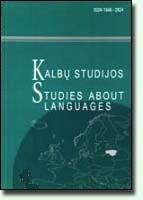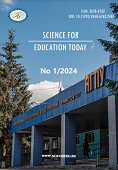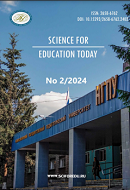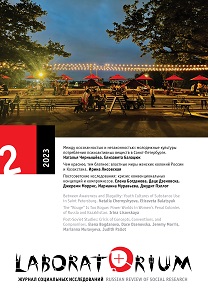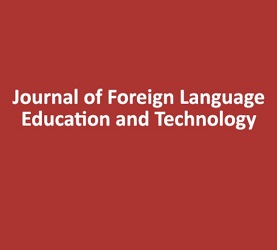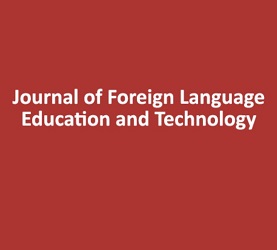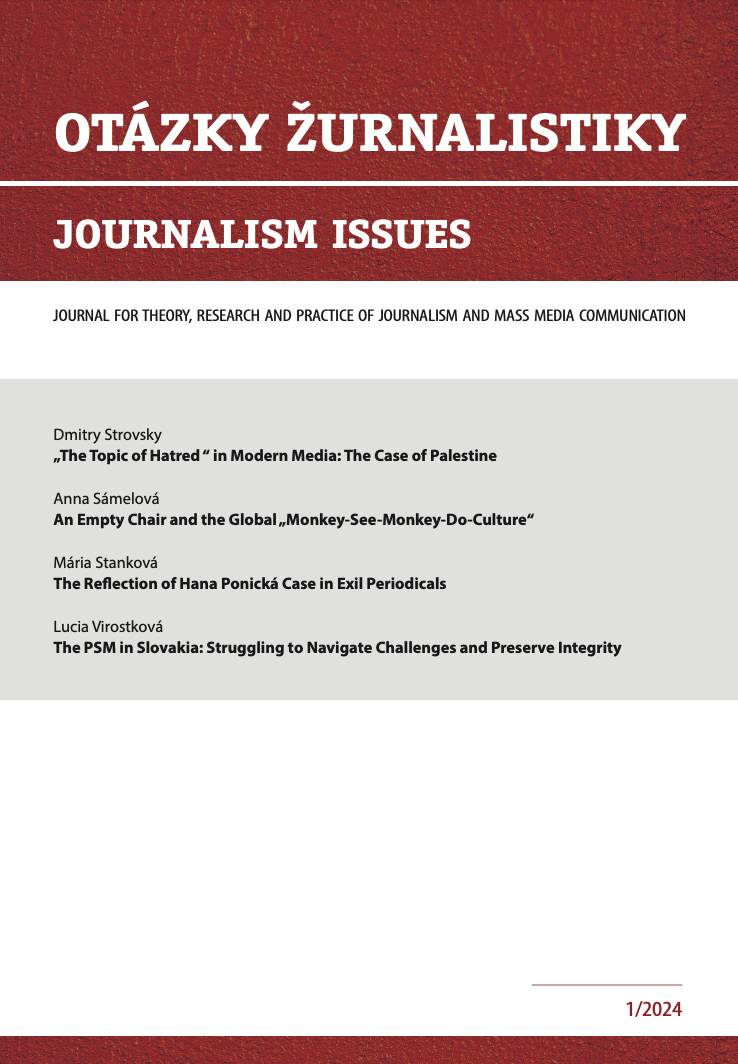
„The topic of hatred“ in modern media: the case of Palestine
The confrontation between Israel and Palestine that has been continuing during many decades is embodied nowadays not only in incessant military activities, but also in the media. Those ones protecting Palestine serve as sources of aggressive propaganda that incite irreconcilable hatred toward opponents. Correspondingly, with permanent attacks against Israel the above media insistently use a specifically colored lexis that escalates the tense situation in this region. This article purposefully envisages the “topic of hatred” promoted by the Palestinian print media as an active actor of modern political transformation in the Middle East. Investigating principles of functioning these media provides with better understanding of contemporary authoritarian society and raises the question of the media dependence on the political guidelines of Palestinian authorities.
More...
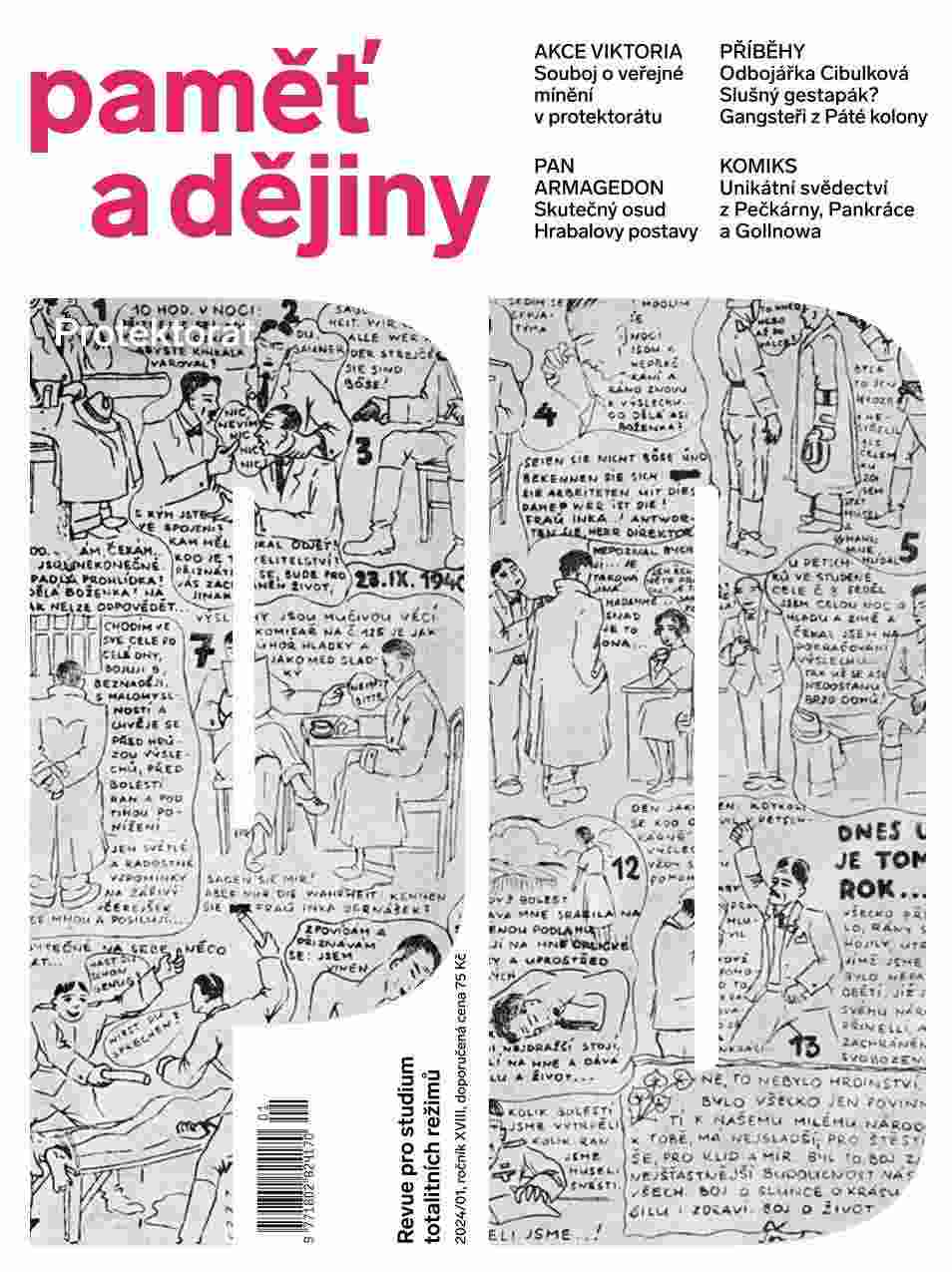
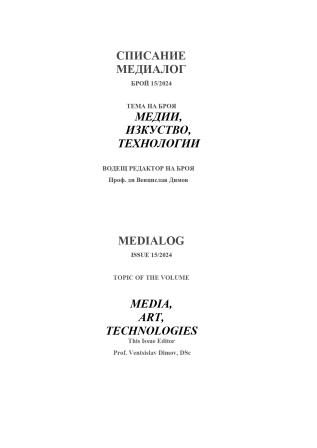
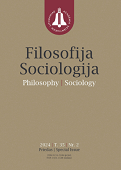
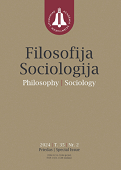
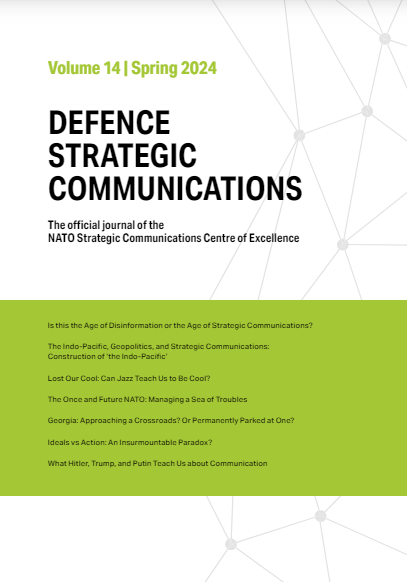
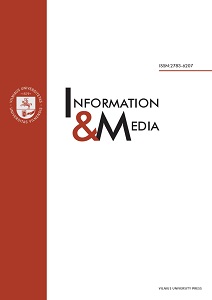
![Censorship from Plato to Social Media. The Complexity of Social Media’s Content Regulation and Moderation Practices [Author: Gergely Gosztonyi (Publisher: Springer Cham 2023)]](/api/image/getissuecoverimage?id=picture_2024_82951.jpg)
